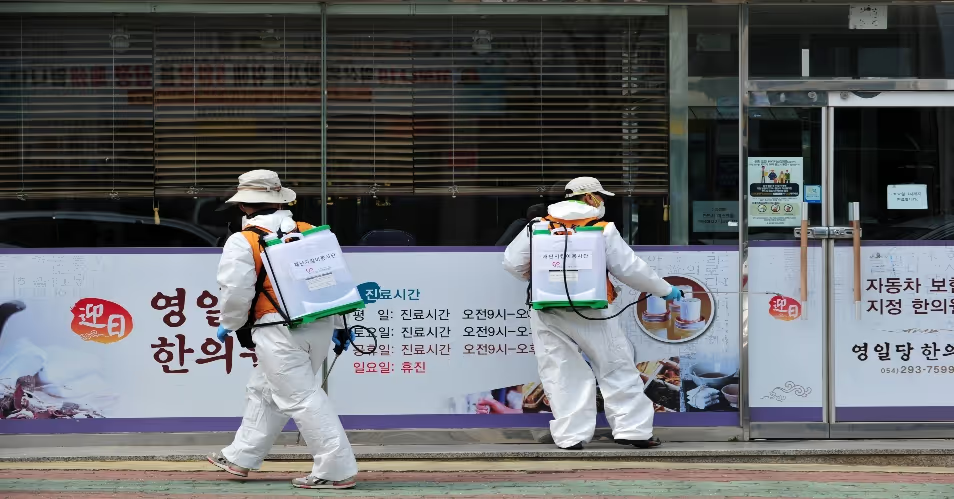
Gender inequality and unpaid care work are inextricably intertwined. Despite improvements made by women in labour force participation, job advancement and remuneration, unpaid care work is limiting progress and slowing the pace of gender convergence in the economy. The lack of empirical data, or the ability to count unpaid care work, often leads to the magnitude of the problem being underestimated, shifting unpaid care work down the hierarchy of issues that warrant attention and redress.The time use survey is a methodology that can enumerate non-market activities including unpaid care work. In our report, we demonstrate some of the insights gathered from a pilot time use survey that we conducted, as part of our larger motivation to strengthen the empirical work linking the economy, gender inequality and unpaid care work.
“Work can be very productive and create value for society even if it's unpaid.” - Nancy Folbre














